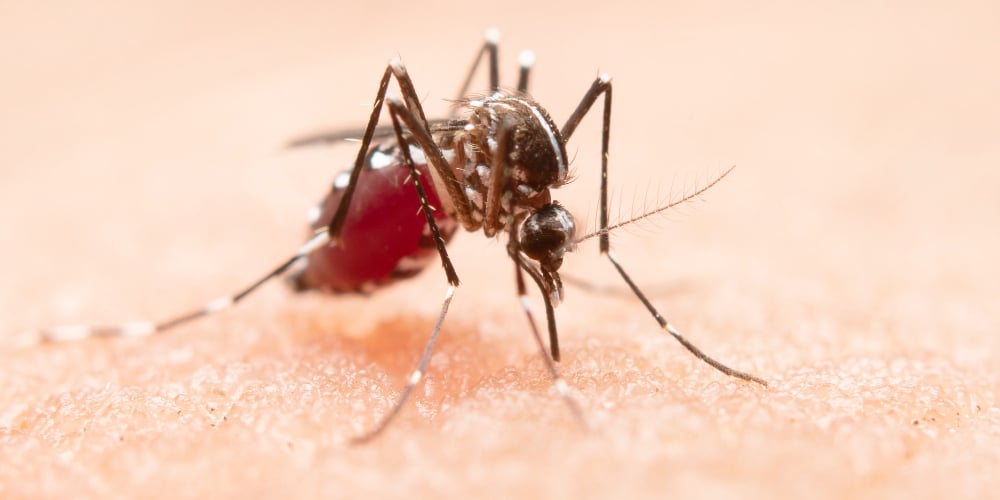AI tool ‘FaceAge’ predicts cancer survival using just a photo
The tool showed that cancer patients with an older biological age had poorer survival, even under curative treatment
Author
Author
- admin / 8 months

- 0
- 3 min read

Author
A new artificial intelligence (AI) tool called FaceAge can now use facial images to estimate an individual’s biological age and forecast survival in cancer patients with unprecedented accuracy. Detailed in a study published in The Lancet Digital Health titled “FaceAge, a deep learning system to estimate biological age from face photographs to improve prognostication: a model development and validation study,” this AI system surpasses traditional clinical predictions, offering hope in personalized medicine.
What is FaceAge and how does it work?
FaceAge is a deep learning model designed to analyze standard facial photographs to determine a person’s biological age—a measure of the body’s physiological wear and tear, distinct from chronological age. A person may appear and behave older or younger than their years due to a variety of biological age-related factors, including genetics, lifestyle, and the course of disease.
The technology uses sophisticated algorithms to identify facial characteristics like pigmentation, wrinkles, and skin texture. It was trained on a dataset of 58,000 facial images from healthy individuals across diverse ethnicities and validated on 6,196 cancer patients from hospitals in the United States and Europe. By processing these images, FaceAge generates a biological age score that reflects the body’s aging state, which is then correlated with health outcomes.
Superior predictions for cancer survival
The FaceAge AI tool was tested on three groups of cancer patients: those getting curative treatments (like radiation), those with chest cancers (like lung cancer), and those in palliative care for advanced cancer. In all groups, FaceAge’s biological age estimates—based on facial photos—predicted survival better than a patient’s actual age or standard medical evaluations.
For patients in curative treatments, a higher FaceAge score (showing older biological age) meant worse survival chances, even with full medical data available. In palliative care, adding FaceAge scores to existing tools, like the TEACCH (Treatment and Education of Autistic and Communication-related Handicapped Children) model, made survival predictions more accurate. For chest cancer patients, FaceAge spotted high-risk individuals more effectively than traditional methods.
Why this breakthrough matters
Cancer remains a leading global health challenge, with survival outcomes varying widely based on individual factors. Accurate prognostication is critical for treatments, managing patient expectations, and optimizing care. FaceAge’s ability to use a simple, non-invasive facial photo to enhance these predictions could revolutionize oncology, particularly in settings where advanced diagnostics are scarce, the study suggests.
However, before mass adoption in clinical practice, the tool requires further validation in more diverse populations.
Ethical concerns
The study raises significant ethical concerns about using facial photographs in AI-based health predictions. These can include potential misuse outside healthcare, such as insurers using survival estimates to assess policyholders or companies targeting ads based on biological age. The study suggested strong regulatory oversight to mitigate this risk.
Another concern is racial or ethnic bias, as the study found that “the model is affected, although not substantially, by the patients’ ethnicity” when tested on the diverse dataset, where non-White individuals comprised about 55% of the data. While ethnicity had minimal impact on FaceAge’s predictions in Harvard datasets, further research with diverse datasets is needed to address potential biases.
Also read: AI accurately detects patient race from medical images – even when humans can’t: Study – First Check
(Do you have a health-related claim that you would like us to fact-check? Send it to us, and we will fact-check it for you! You can send it on WhatsApp at +91-9311223141, mail us at hello@firstcheck.in, or click here to submit it online)










